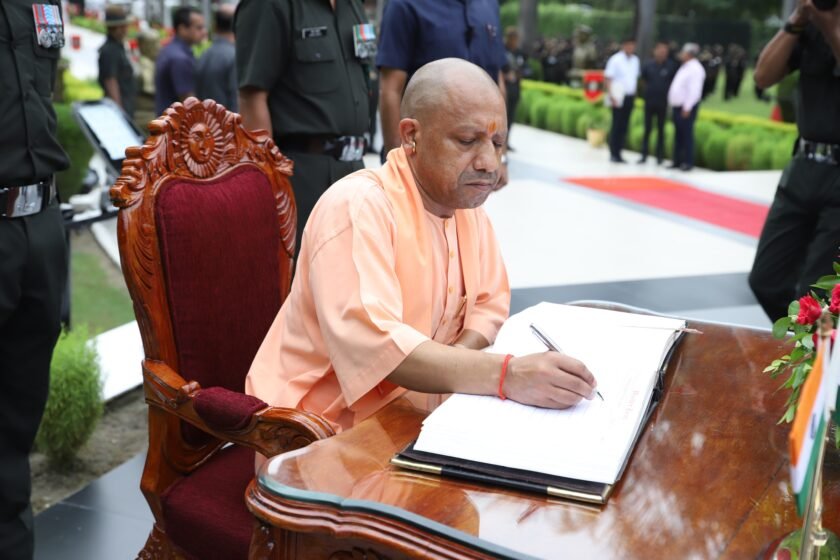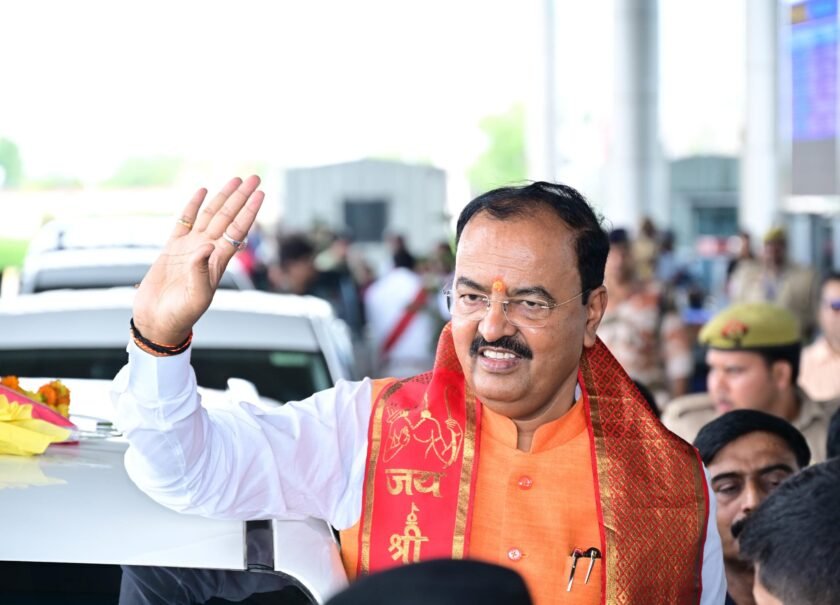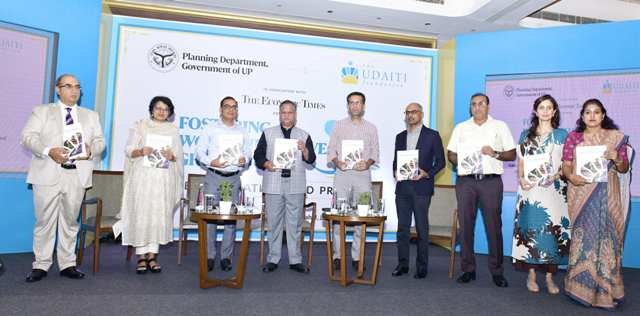Lucknow: While political parties prioritize registering more new voters, their total percentage of the Lucknow voter population is just 1.3%. Strangely, older voters continue to have more influence over the electorate and have surpassed younger voters once again.
Following the pattern of the last Lok Sabha election, more voters in the 80+ age group cast ballots this year than in the 18–19 age group.
Although their percentage share of the total voting population has not altered much, the difference between them this year and prior elections is greater. The 18–19 year old age group had approximately 52,000 registered voters as of April 15, making up only 1.3% of all registered voters. On the other hand, nearly 60,000 voters in the city are 80 years of age or older. This is more than 1.5% of the electorate.
There has been a slight rise in the number of first-time voters as compared to the 2019 voter list. In 2019, there were around 49,000 voters in the age range, making approximately 1.3% of the electorate. Over the last five years, there has been an approximate 3,000 rise overall.
On the other hand, throughout the last five years, the percentage of voters who are 80 years of age or older has significantly increased. This year, there are around 60,000 octogenarian voters on the voter list, a notable increase of over 10,000 from the approximately 50,500 on the 2019 voter list.
The research indicates that there is a growing divide between voters in both groups. In the 2019 Lok Sabha elections, there was a difference of slightly less than 1,700 votes between the total number of voters in both categories; this time, the gap is close to 7,000 voters. In order to put things into perspective, this election will see over 7,000 more senior citizens turn out to cast ballots than first-time voters in the 80+ age range.
Records from the district election office show that, as of April 15, more than 39.82 lakh voters—or almost 9% more than the predicted total of over 59.5 lakh voters—had cast ballots in the city, compared to previous Lok Sabha elections.
The growth in voters in the 30-79 age range is a good indicator of the overall increase in voter turnout. In contrast to 2019, when 27,67,291 voters in this age group made up 76% of the electorate, this year’s 3,203,869 voters made up almost 80% of the entire electorate.
Men now outweigh women in the voting population when it comes to gender. This year, 20,82,888 people are registered to vote, with males making up around 53% of the electorate. The voter breakdown by assembly constituency reveals predictable news. Nonetheless, the district election office insists that there may be a swing later on and that the list is still being updated. However, as things stand, the department’s most recent statistics make it quite evident that older voters are a more powerful force than new voters. Nonetheless, we see a greater need to persuade these new voters.
Political sociologists discover that these patterns diverge with earlier beliefs that the nation was home to an increasing proportion of young people. To draw any conclusions, they need a thorough and meticulous examination of both the census and this data.
The statement is also supported by statistics from the district administration. In contrast to 2019, when 7,67,699 voters in the 20–29 age range made up 21% of the city’s total electorate, just 16,7% of voters fall into this category this time around (6,65,372).
It shows how our civilization is aging and maturing. Politicians now place greater attention on first-time voters since the situation is different from what it was ten years ago. Political scholar Rajesh Misra notes that “the younger generation’s disenchantment with the electoral process could be another factor.” Misra continues, “This would mean that the new thoughts, that demand radical change in our society and break from dogmas that arrest our development, will further be circumscribed.” This is how she explains the implications of this tendency. There’s a chance that politics will become substantially more conservative than it has so far.




